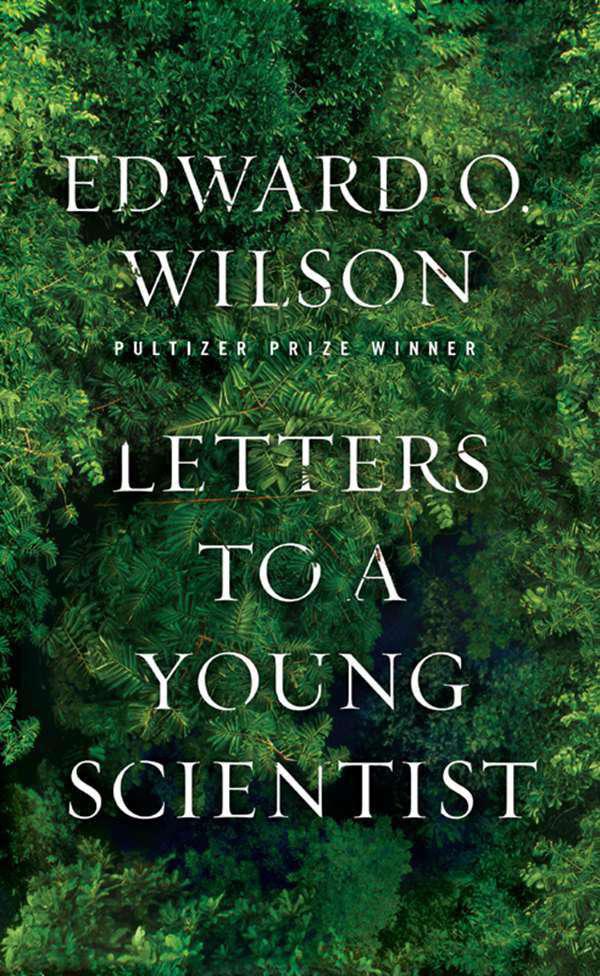
Letters to a Young Scientist
کتاب های مرتبط
- اطلاعات
- نقد و بررسی
- دیدگاه کاربران
نقد و بررسی

February 4, 2013
Two-time Pulitzer Prize–winning Harvard biologist Wilson (On Human Nature) muses on the nature of scientific investigation, his illustrious career, and what it takes to be a scientist in this thoroughly enjoyable collection of faux epistles. Though the frame feels a little unnecessary, Wilson covers plenty of fertile ground. He’s at his best when lucidly articulating why science is so very important, and not just in terms of cures or curiosities: “Science is the wellspring of modern civilization. It is not just ‘another way of knowing,’ to be equated with religion or transcendental meditation.” In addition to these broader defenses of the discipline, he also offers practical advice on framing scientific hypotheses and the importance of collaborative work, as well as personal reminiscences—tales of his early years as a Boy Scout naturalist in Alabama, for example, add a richness and intimacy to the book. Critically aware of his—and his successors’—moments in time, and what kinds of problems the next generation of scientists will be dealing with (e.g., environmental issues), Wilson ultimately offers an encouraging call to arms: “Time is growing short... you are needed.” 21 illus. Agent: Ike Williams, Kneerim, Williams & Bloom.

May 1, 2013
Wilson (biology, emeritus, Harvard; The Social Conquest of Earth) embraces the role of eminence grise here, aiming to instruct and inspire. In five thematic sections, he presents 20 "letters" (five- to ten-plus pages each) examining the scientist's role in the 21st century, the foundations and credos that remain in place, and the manner in which the field has changed. He weaves in his own autobiography--including lessons on ants--as he advises on subjects such as finding your specialty and having a mentor. Some of the science lessons are very basic, e.g., he assumes readers know little or nothing about Linnaeus or Darwin, but others are broad and inspiring. Most intriguing may be his urging readers to indulge in daydreaming to aid their scientific thinking, as well as his idea that "the right question is intellectually superior to finding the right answer." A piece near the end on "The Making of Theories" is very rewarding. A reference to the "radical leftist writers" who disliked his blockbuster, Sociobiology (1975), may hint at an ornery nature, but the book is largely amiable. VERDICT Although the title and small format may suggest the book as a gift for graduates, it ought to be on the shelves of all high school and public libraries, as well as some undergraduate collections.--Margaret Heilbrun, Library Journal
Copyright 2013 Library Journal, LLC Used with permission.

























دیدگاه کاربران